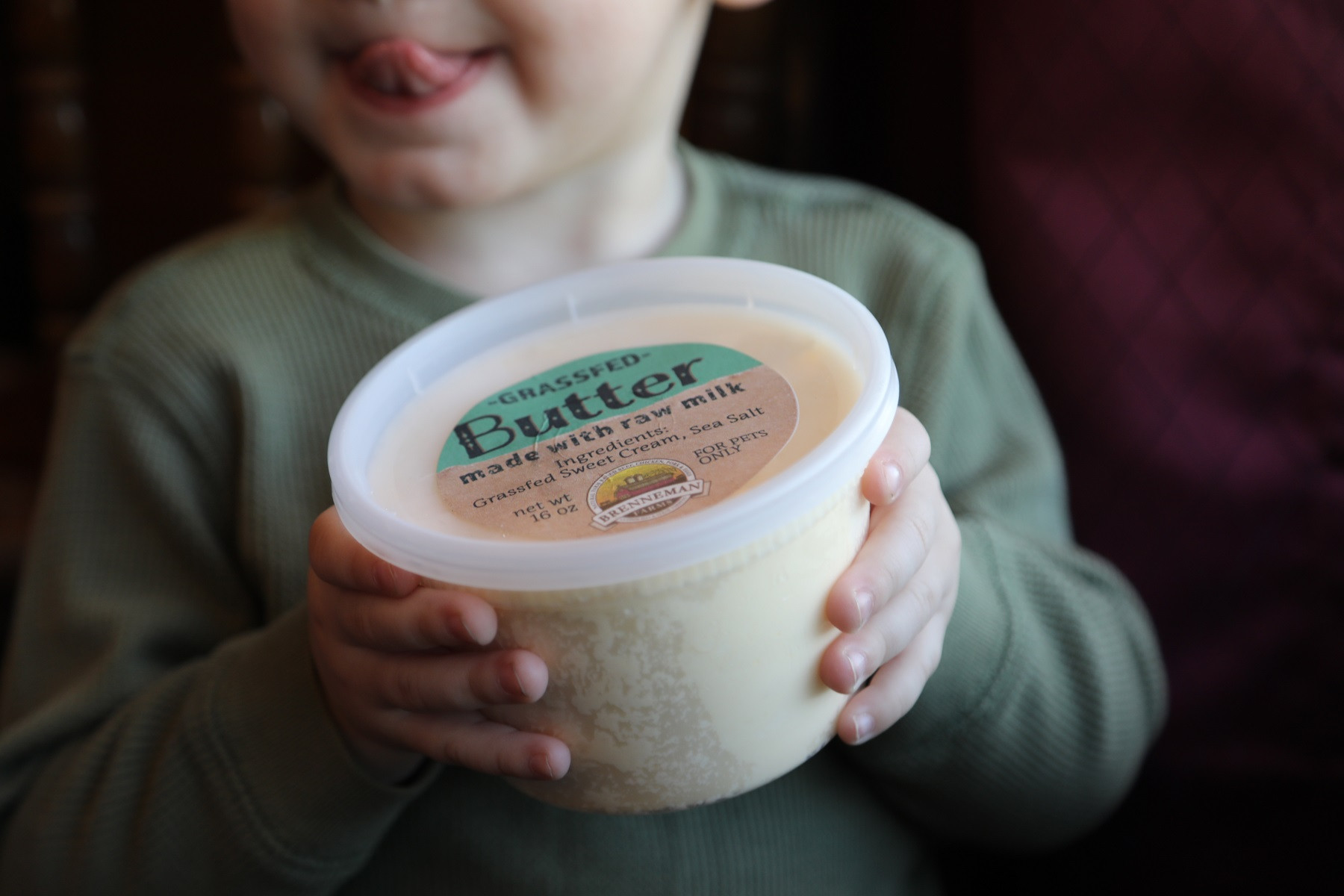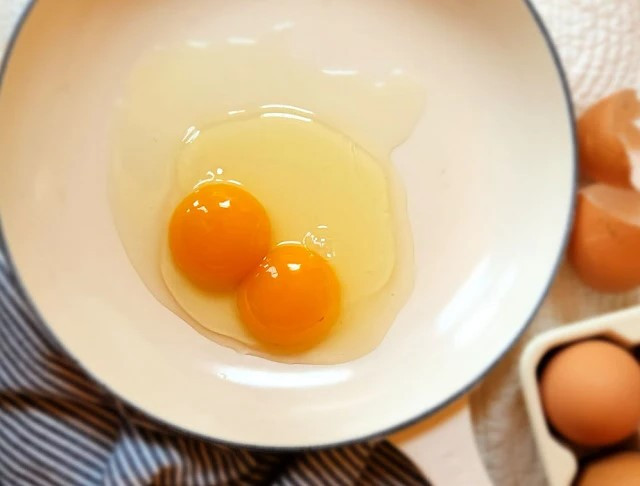Dairy for Pets
posted on
May 15, 2025

So, you're wondering what's going on with the dairy for pets.
To state it straight, in Indiana it is illegal to sell raw dairy products for human consumption.
We can, however, sell raw dairy products for pets and send it across all 50 states.
We produce all our milk to the highest standard, choosing to treat our pet milk exactly the same as our raw milk for our herd share program. The only difference is the label! But, because of that necessary labeling, the farm can only recommend the pet milk for cats & dogs. This applies to our butter and cream as well.
Thanks to Uncle Sam, providing access to the foods people really thrive on has become a series of hoops!
Our milk for pets is held to the same rigorous standard we uphold for all our dairy products.
At Brenneman Farms, our dairy products are 100% raw. Our cows live outdoors with sunshine, cool breezes, fresh water, and exercise. They eat grass never sprayed with glyphosates, herbicides, or pesticides.
Frequently Asked Questions:
How do I know the raw milk is safe for my pets?
We are committed to taking food safety very seriously. We follow the highest guidelines for cleanliness regarding all our dairy products, and that includes weekly on-farm CPC and SPC tests.
Do you heat the pet milk or pet dairy products?
Our raw milk, cream, and butter are never heated. Period.
How long will raw pet dairy last after I receive it?
Our raw milk should last for about a week after you receive it. Fresh pet cream should last 10 days after you receive it.

Do you have more questions or are curious about our practices?
Please drop us a line and we'll be delighted to respond! Full transparency is our guide and goal.



